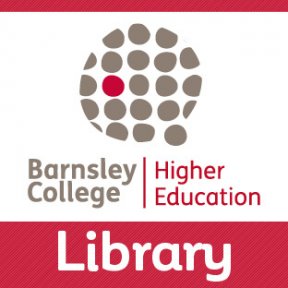In this section
Literature Reviews
What is a literature review?
A literature review discusses published information in a particular subject area, and sometimes information in a particular subject area within a certain time period. Literature reviews also provide a solid background for a research paper’s investigation. Comprehensive knowledge of the literature of the field is essential to most research papers.
Before writing the literature review
Be very clear about your research questions and consider:
- Roughly how many sources you should include
- Types of sources – books, journal articles, websites etc.
- Reliability of sources
- Consider whether your sources are current
Strategies for writing the literature review
A literature review is usually organized around ideas, not the sources themselves. This means that you will not just simply list your sources and go into detail about each one of them, one at a time. As you read widely but selectively in your topic area, consider instead what themes or issues connect your sources together and relate the literature review to your research questions.
Consider organization
You’ve got a focus – your research questions. Now what is the most effective way of presenting the information? What are the most important topics, subtopics, etc. that your review needs to include? And in what order should you present them?
First, cover the basic categories
Just like most academic papers, literature reviews also must contain at least three basic elements: an introduction or background information section, the body of the review containing the discussion of sources, and, finally, a conclusion and/or recommendations section to end the paper.
Use evidence
A literature review is just like any other academic research paper. Your interpretation of the available sources must be backed up with evidence to show that what you are saying is valid.
Be selective
Select only the most important points in each source to highlight in the review. The type of information you choose to mention and discuss should relate directly to the research questions.
Keep your own voice
While the literature review presents others’ ideas, your voice (the writer’s) should remain front and centre by commenting on the sources used and saying how they are significant for your study.
Use caution when paraphrasing
When paraphrasing a source that is not your own, be sure to represent the author’s information or opinions accurately and in your own words. This is crucial to avoid plagiarism.
Adapted from: UNC-CH Writing Centre (2002) Literature Reviews [online]. For a more detailed version, please go to The Writing Centre, University of North Carolina https://writingcenter.unc.edu/tips-and-tools/literature-reviews/
See also Birmingham City University at BCU Literature review
Opening Times
| Monday | Staffed 8.30am to 5pm; Self-service 5pm to 8.45pm |
|---|---|
| Tuesday | Staffed 8.30am to 5pm; Self-service 5pm to 8.45pm |
| Wednesday | Staffed 8.30am to 5pm; Self-service 5pm to 8.45pm |
| Thursday | Staffed 8.30am to 5pm; Self-service 5pm to 8.45pm |
| Friday | Staffed 8.30am to 4.30pm |
| Saturday | Closed |
| Sunday | Closed |
Find Us
Barnsley,
S70 2YW

